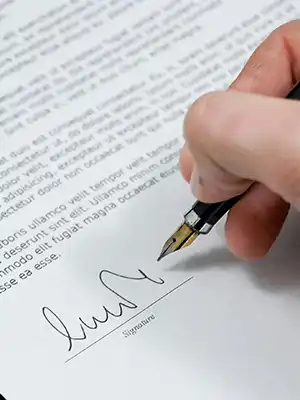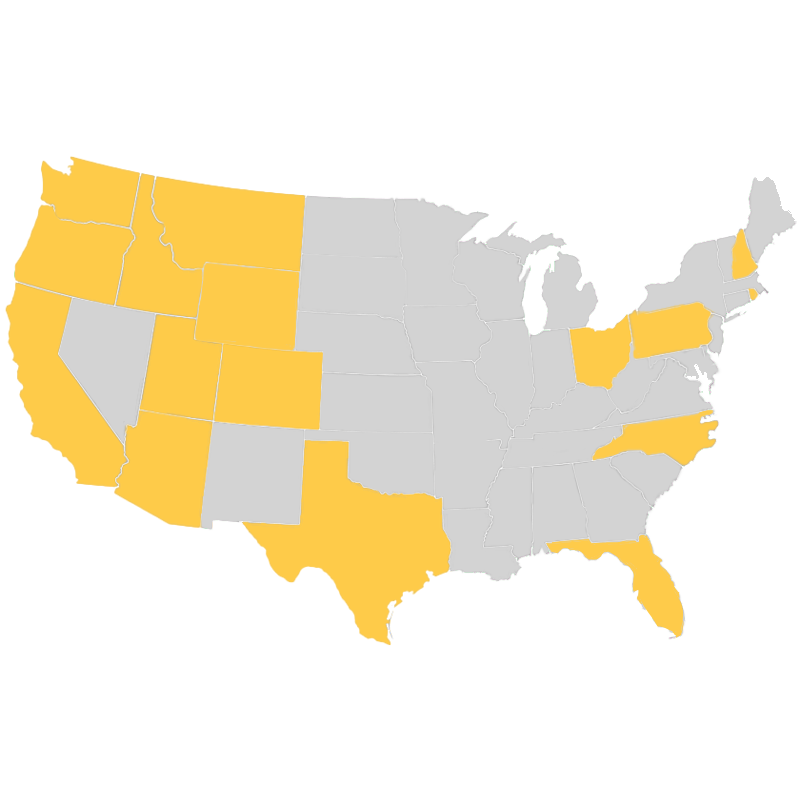A Simple Guide on Navigating Boat Insurance Premiums in Washington
Owning a boat can be a gateway to endless adventures, from tranquil fishing trips to exhilarating water sports. However, ensuring your vessel is adequately insured is crucial to protecting your investment and securing your peace of mind. But what exactly affects the premium of boat insurance in Washington? Let’s dive into what can influence the cost and coverage of your boat insurance policy.
1. Type and Value of the Boat
The make, model, and value of your boat play a significant role in determining your insurance premium. High-performance speedboats and luxury yachts typically cost more to insure due to their higher replacement costs and risk factors. Smaller boats like fishing boats or sailboats may come with lower premiums.
2. Boat Usage
How you use your boat can seriously impact the insurance cost. Boats used for weekend outings are generally considered lower risk compared to those used for racing, commercial fishing, or charters. The frequency and location of use also matter; boats used in calm, inland waters may be cheaper to insure than those used in open seas or hurricane-prone areas.
3. Experience and Claims History
Your boating experience and claims history are crucial factors. Insurers often offer lower rates to experienced boaters with no previous claims. Completing boating safety courses can also help reduce premiums, as they demonstrate a commitment to safe boating practices.
4. Location and Storage
Where you store your boat—whether in a marina, on a trailer, or in a secure facility—affects your insurance rates. Boats stored in areas prone to extreme weather conditions or high crime rates may incur higher premiums. Additionally, boats kept in freshwater environments tend to have lower insurance costs than those kept in saltwater due to the corrosive nature of saltwater.
5. Coverage Options
The extent of coverage you choose will directly impact your premiums. Basic policies might cover liability only, while comprehensive policies can include protection against theft, vandalism, and natural disasters. Options like towing, salvage, and equipment coverage will also increase the cost of your insurance.
6. Deductibles
A higher deductible usually means a lower premium, but it also means you’ll pay more out-of-pocket in the event of a claim. Balancing your deductible with what you can afford to pay upfront in case of damage is a crucial consideration.
7. Boating Area
Insurance companies consider the geographic area where the boat will primarily be used. Boating in areas with known risks, such as hurricane zones or areas with high boating traffic, can increase insurance premiums. It’s important to disclose your typical boating regions to your insurer accurately.
8. Safety and Security Features
Equipping your boat with safety and security features can lower your insurance costs. Items such as GPS systems, alarms, fire extinguishers, and automatic identification systems (AIS) can mitigate risks and thus reduce premiums.
9. Policy Discounts
Many insurance providers offer discounts that can reduce your premiums. These discounts might be available for bundling your boat insurance with other policies, maintaining a claims-free history, or being a member of certain boating associations.
Navigating the waters of boat insurance in Washington can be tricky, but understanding the factors that affect your premiums can also help you make informed decisions. As independent agents, we have the authority to compare quotes from different insurers and tailor a policy to your specific needs. If you’d like a free boat insurance quote or to have an independent agent review your policy, get in touch with us at Associated Agents Group by calling 509.928.7528 or fill out the contact form below. Happy boating, and may your voyages be safe and enjoyable!












